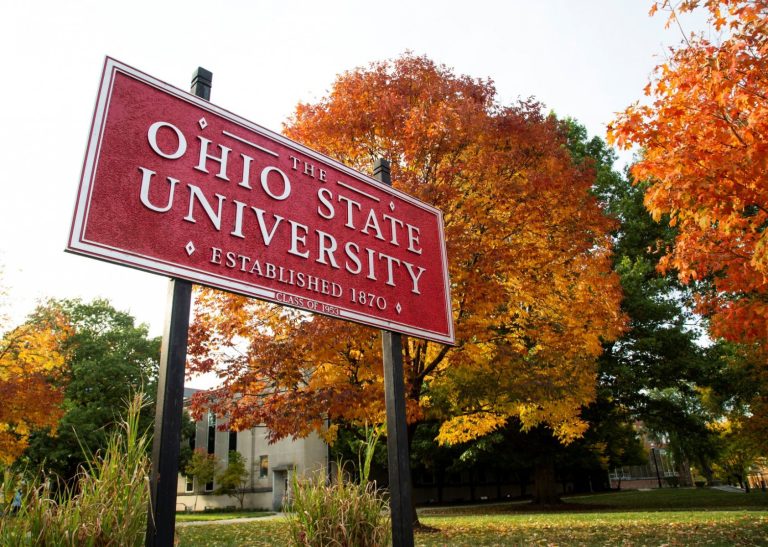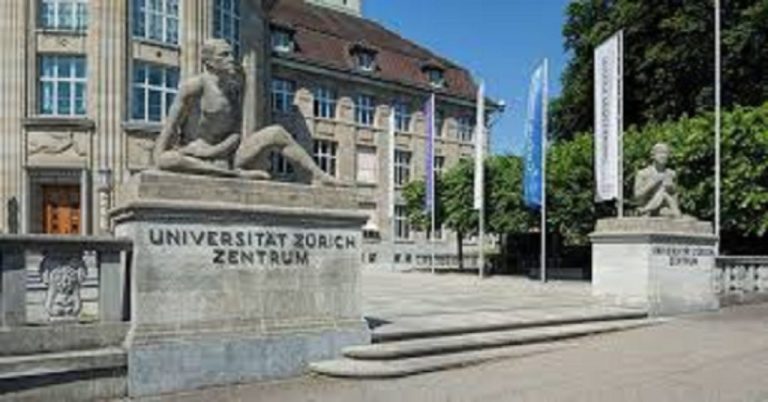
The composition of Earth’s atmosphere and its ability to respond to pollution and climate change is maintained by oxidation reactions involving short-lived radicals. In particular, thousands of different organic radicals are present in the atmosphere, such as Criegee intermediate (CI), resulting from the reactions of unsaturated organic compounds with Ozone. Despite several decades of research, these CI remain very difficult to observe in laboratory and have never been observed in the atmosphere. Thus many questions remain on their reactions. This PhD position will take place within an on-going European Research Council (ERC) Advanced Project and have for specific objective to investigate the use of Proton Transfer Mass Spectrometry to detect these radicals and to study their reactions in laboratory. The results will bring new information on the reactions of these radicals that will improve the understanding of the atmosphere’s chemistry and oxidation cycles.
Supervision: Prof. Barbara Nozière
What we offer
- The possibility to study in a dynamic and international research environment in collaboration with industries and prominent universities from all over the world.
- A workplace with many employee benefits and monthly salary according to KTH’s Doctoral student salary agreement.
- A postgraduate education at an institution that is active and supportive in matters pertaining to working conditions, gender equality and diversity as well as study environment.
- Work and study in Stockholm, close to nature and the water.
- Help to relocate and be settled in Sweden and at KTH.
- A key position in a groundbreaking research project in physical chemistry and environmental chemistry
Admission requirements
To be admitted to postgraduate education (Chapter 7, 39 § Swedish Higher Education Ordinance), the applicant must have basic eligibility in accordance with either of the following:
- passed a second cycle degree (for example a master’s degree), or
- completed course requirements of at least 240 higher education credits, of which at least 60 second-cycle higher education credits, or
- acquired, in some other way within or outside the country, substantially equivalent knowledge
In addition to the above, there is also a mandatory requirement for English equivalent to English B/6.
Selection
In order to succeed as a doctoral student at KTH you need to be goal oriented and persevering in your work. During the selection process, candidates will be assessed upon:
- the strength of the background in physical chemistry,
- the motivation for experimental work,
- the interest for environmental topics,
- the extent of problem-solving skills and abilities to analyse and work with complex issues,
- the self-motivation, and the ability to work detail- and goal-oriented,
- ability both to work independently and to collaborate with others.
After the qualification requirements, great emphasis will be placed on personal skills.
Target degree: Doctoral degree
Information regarding admission and employment
Only those admitted to postgraduate education may be employed as a doctoral student. The total length of employment may not be longer than what corresponds to full-time doctoral education in four years ‘ time. An employed doctoral student can, to a limited extent (maximum 20%), perform certain tasks within their role, e.g. training and administration. A new position as a doctoral student is for a maximum of one year, and then the employment may be renewed for a maximum of two years at a time. In the case of studies that are to be completed with a licentiate degree, the total period of employment may not be longer than what corresponds to full-time doctoral education for two years.
Union representatives
Contact information for union representatives.
Doctoral section (Students’ union on KTH Royal Institute of Technology)
Contact information for doctoral section.
To apply for the position
Apply for the position and admission through KTH’s recruitment system. It is the applicant’s responsibility to ensure that the application is complete in accordance with the instructions in the advertisement.
Applications must be received at the last closing date at midnight, CET/CEST (Central European Time/Central European Summer Time).
Applications must include the following elements:
- CV including your relevant professional experience and knowledge.
- Application letter with a brief description of why you want to pursue research studies, about what your academic interests are and how they relate to your previous studies and future goals. (Maximum 2 pages long)
- Copies of diplomas and grades from previous university studies and certificates of fulfilled language requirements (see above). Translations into English or Swedish if the original document is not issued in one of these languages.Copies of originals must be certified.
- Representative publications or technical reports. For longer documents, please provide a summary (abstract) and a web link to the full text.
Other information
Striving towards gender equality, diversity and equal conditions is both a question of quality for KTH and a given part of our values.
For information about processing of personal data in the recruitment process.
According to The Protective Security Act (2018-585), the candidate must undergo and pass security vetting if the position is placed in a security class. Information regarding whether the position is subject to such a classification will be provided during the recruitment process.
We firmly decline all contact with staffing and recruitment agencies and job ad salespersons.
Disclaimer: In case of discrepancy between the Swedish original and the English translation of the job announcement, the Swedish version takes precedence.



